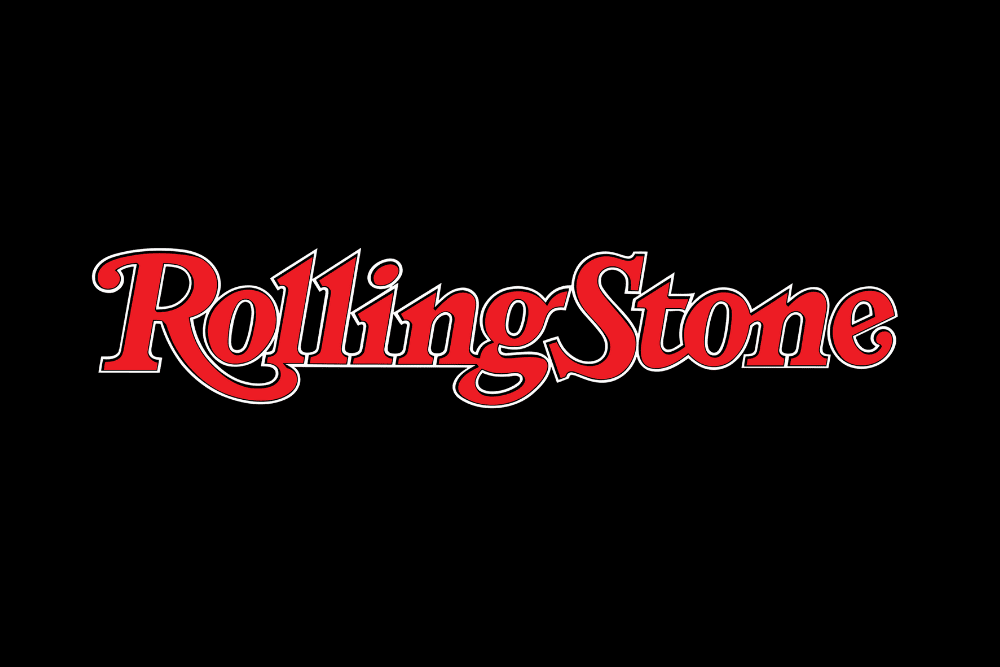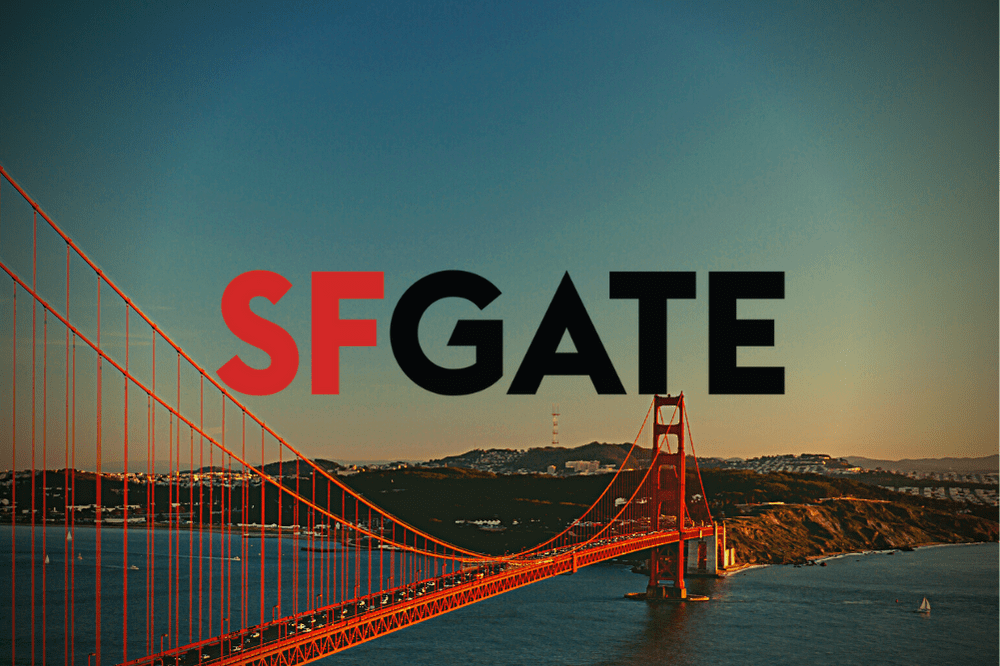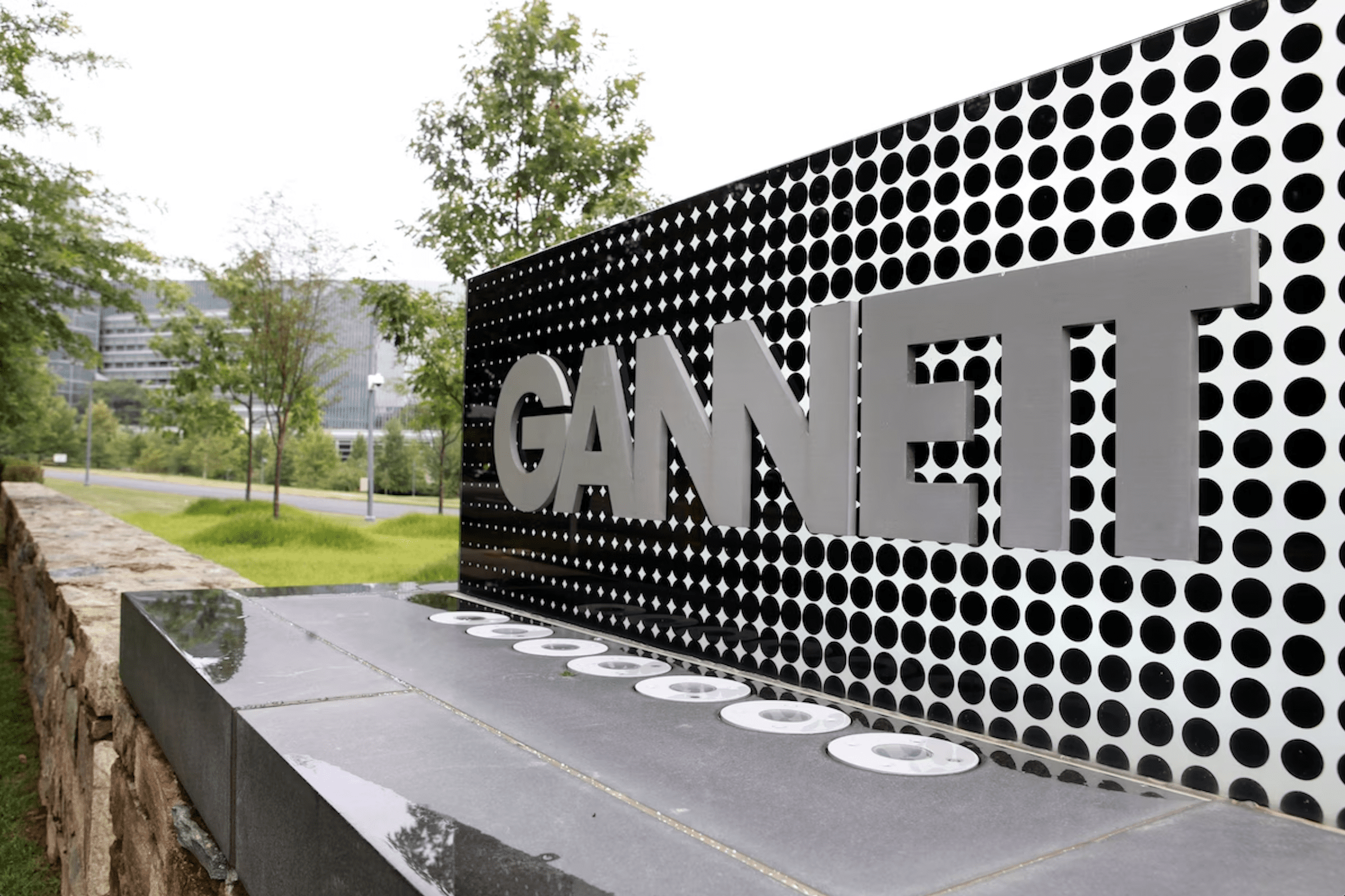Corporate giants are taking aim at the National Labor Relations Board (NLRB) and attempting to hobble the agency in charge of protecting unions and their members.
Amazon, Starbucks, SpaceX and Trader Joe’s are all facing complaints from the NLRB over their alleged harassment, intimidation and illegal firings of unionizing employees. The companies have responded by challenging the constitutionality of the NLRB in federal court, which could upend the structure of the New Deal-era agency.
The NLRB is at the center President Biden’s mission to be the most “pro-union” president ever and a bulwark for a rising tide of union activity. But the organization could suffer a serious blow to its power if the companies challenging its legality succeed.
“This energy in the labor movement is at least in part fueled by the knowledge that workers have that they are protected when they undertake these kinds of activities,” said Sharon Block, a former NLRB member who now works as a professor and executive director for the Center for Labor and a Just Economy at Harvard Law School.
“If that protection slips or continues to slip, or slips even more, then that’s a different calculus for workers in deciding whether to undertake those kinds of activities,” she added.
The NLRB consists of five members, who are appointed by the president to five-year terms. According to the agency website, the NLRB receives around 20,000 to 30,000 charges each year from employees, employers and unions.
If an NLRB investigation finds enough evidence to support a charge, the agency either facilitates a settlement or issues a complaint, representing the charging party in a hearing before NLRB administrative law judges.
“Once you’re investigating a charge, you’re supposed to be completely neutral. You’re fact-finding, you’re doing an investigation,” Rana Roumayah, a partner at Honigman LLP who worked as an NLRB lawyer for 23 years, told The Hill.
“Where it kind of switches is once the NLRB determines that there’s enough evidence for a violation. Then you step out of the neutral role, and you step into a prosecutorial role.”
The companies facing NLRB pressure for alleged labor law violations have turned those complaints on their head, arguing that the agency is the one overstepping the law.
The corporations claim that the NLRB’s members and administrative law judges are improperly protected from removal because they can’t be immediately fired by the president or can only be fired “for cause,” which typically involves misconduct.
Elon Musk’s SpaceX initially filed a complaint against the NLRB in January, after the labor board accused the rocket company of unlawfully firing eight employees for circulating an open letter that was critical of the company and Musk.
In the filing, SpaceX argued that because board members and NLRB judges can only be removed for cause and cannot immediately be removed by the president, the “constitutionally required degree of control is lacking.”
SpaceX also argued that the NLRB’s proceedings violate its Fifth Amendment right to due process and Seventh Amendment right to a jury trial.
The complaint calls into question the “basic structure” of the NLRB, Block said.
“If SpaceX was successful, you would have the agency that is responsible for protecting the rights of people to be in unions, to act concertedly, having a much more difficult time doing its job,” she said.
SpaceX is the only company to file a separate lawsuit against the board so far. But more corporate giants facing union-busting complaints from the NLRB have since joined the fray, including Trader Joe’s, Amazon and Starbucks.
An attorney for Trader Joe’s argued at a hearing in mid-January that the “structure and organization” of the board and its judges are unconstitutional.
Amazon also alleged in a recent filing that the NLRB’s structure “violates the separation of powers” because its board members and judges are largely protected from presidential oversight and removal, “impeding the executive power” enshrined in Article II of the Constitution.
Starbucks similarly argued recently that the limitations on the removal of NLRB members and judges “frustrates the presidential control Article II demands.”
Starbucks spokesperson Andrew Trull emphasized that “unlike other employers,” the coffee chain has not filed a lawsuit challenging the NLRB’s constitutionality but has instead “included the argument, among other affirmative defenses, in unfair labor practice charges currently under review.”
When pressed on the purpose or goal of including the argument, Trull said a recent analysis by Bloomberg Law “captured it fairly well” when it suggested that such arguments will “become a standard part of employers’ defenses against NLRB complaints until there’s a definitive federal court ruling on this latest round of corporate challenges.”
Wilma Liebman, who served as NLRB chair under former President Obama, described the recent arguments against the agency as “extreme and worrisome.”
However, she emphasized that such arguments have been “percolating for a long time,” particularly in conservative legal spaces.
The Federalist Society, a conservative legal nonprofit that compiled the shortlist of Supreme Court nominees for former President Trump, published a blog post by a contributor questioning the constitutionality of the NLRB in November.
“I think to some extent, this is the companies jumping on the bandwagon,” Liebman said, adding that they may be “taking advantage of yet another argument to try to defend themselves.”
Block noted that while it is “novel” to apply this argument to the NLRB, it has been made over the years about other federal agencies with a similar structure to the labor board.
The Supreme Court heard three cases just last fall challenging the structure and powers of various agencies, including the legality of administrative law judges at the Securities and Exchange Commission (SEC).
The SpaceX filing points to one of those cases, SEC v. Jarkesy, noting the 5th Circuit Court of Appeals previously held that removal powers extend to these judges who “perform substantial executive functions.”
“We had thought that the question of whether the NLRB is constitutionally constituted was resolved decades ago,” David Wimmer, a labor and employment attorney and partner at Swerdlow Florence Sanchez Swerdlow & Wimmer, told The Hill.
“However, the U.S. Supreme Court appears willing to revisit the breadth of power given to federal agencies — whether it be through the ‘major question’ doctrine or the review of ‘Chevron’ deference,” he added.
Block suggested that these arguments are proliferating because “a very expansive invitation has effectively been issued by the court to bring these kinds of challenges.”
“Companies that don’t want to have to recognize workers’ right to collective bargaining into concerted activity are taking up that invitation,” she said.
The latest attacks on the constitutionality of the NLRB come as the organized labor movement has experienced a renaissance.
Hollywood ground to a halt last year, after both writers and actors went on strike for months on end. The United Auto Workers (UAW) union also won major concessions from the Big Three automakers after striking for six weeks last fall.
Workers at SpaceX, Trader Joe’s, Amazon and Starbucks are among those who have launched high-profile unionizing efforts in recent years.
“A lot of these companies lost the union elections. They’re seeing a disproportionate amount of unionization that maybe hasn’t happened under previous administrations under previous eras, and now they’re concerned,” Camron Dowlatshahi, a partner at MSD Lawyers who has argued labor rights cases for both employees and employers, told The Hill.
Union membership has remained stagnant even as surveys show Americans have started to view unions more favorably. Around 10 percent of workers in the U.S. were members of a union in 2023, according to the Bureau of Labor Statistics, largely unchanged despite the surge in union activity.
While questions remain about the outcome of challenges to the NLRB, labor law experts warned that hamstringing the agency could make organizing and bringing cases against employers more difficult.
“If we were to eliminate the NLRB and go straight to the federal courts, you really would be making a lot of employees disadvantaged because they’d have to then hire their own private attorney, pay out of pocket for that, and who knows how long it would take to go through the federal courts,” Roumayah, the former NLRB lawyer, told The Hill.
The 2024 election could have a more immediate impact on the labor movement, Roumayah said.
The ideology of the board already swings depending on what party controls the White House in what Roumayah described as a “ping-pong game.” Boards with a Democratic majority tend to side with unions, while Republican majorities side with employers.
“If a Republican president is in the administration, and Republicans have a majority, the board has a conservative majority, everything will just start undoing itself again,” Roumayah said.
Both President Biden and former President Trump have been courting organized labor ahead of the presidential election.
Biden recently snagged a key endorsement from the UAW after becoming the first president to visit a picket line during strikes last fall.
The Teamsters, which narrowly avoided an economically catastrophic strike amid contract negotiations with UPS, made its first major donation to the Republican National Committee in more than two decades the same day Trump met with the union in January, according to a Federal Election Commission filing.
Unions historically endorse and contribute to Democratic candidates more than Republican ones, but Dowlatshahi cautioned against viewing the latest challenge to the NLRB as a partisan issue.
“Most Americans are employees,” Dowlatshahi said. “So no matter where they stand on the political spectrum, they should recognize the potential severity of infringing on employee rights and potentially limiting employee rights.”












